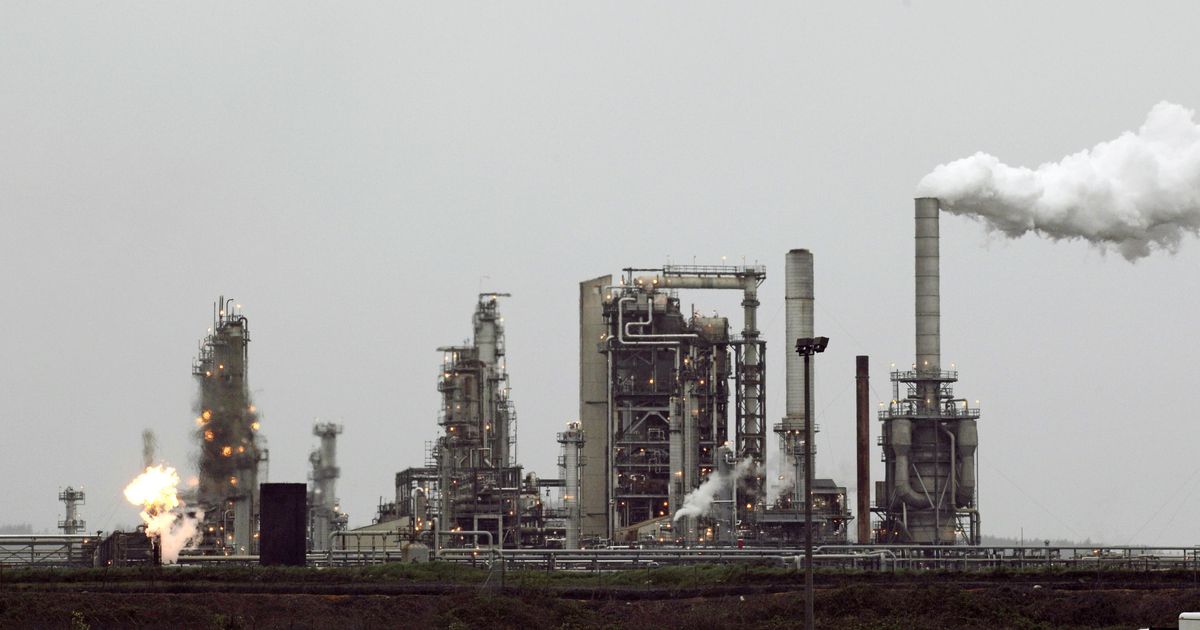Washington legislators debate what taxes should pay for $17 billion in transortation projects, including I-5 bridge over Columbia

OLYMPIA – Local government and industry officials agreed Thursday that something needs to be done about Washington’s roads, but they couldn’t come together on how to pay for the proposed $17 billion in transportation projects or how to spend the money.
“The tooth fairy is not going to pay the bills,” Skagit County Commissioner Ken Dahlstedt said during a hearing on a package of bills to build or fix highways, bridges and rail lines.
The three-bill package is “a living document” and likely to change, said Senate Transportation Committee Chairman Steve Hobbs, the bills’ primary sponsor. The proposals serve as an acknowledgment of environmental and infrastructure concerns across the state.
“The needs are not going away,” he said.
Hobbs’ 10-year plan – which would repair state culverts, maintain local roads and highways, and build a new Interstate 5 bridge over the Columbia River – would be paid for primarily through a fee on carbon pollution, effectively raising the price of gas by 15 cents per gallon at the pump.
Other sources of money include a 6 cents per gallon increase on motor and special fuels, higher vehicle weight fees, increased sales taxes on auto parts and higher prices for standard and enhanced drivers’ licenses.
A carbon fee is “not a matter of if, it’s when” and this is one they should support, said Hobbs, a critic of previous proposals.
“All the other carbon proposals out there are lacking in terms of giving back to Washington state,” he said, adding residents could point to specific projects where their money would be spent.
But a carbon tax would most affect low-income families who can least afford higher fuel costs, and voters have repeatedly rejected the idea, said Mike Ennis, with the Association of Washington Businesses, which supports other parts of the package.
Voters most recently rejected an initiative that included a similar carbon tax in the November general election.
But there could be a problem with the proposal to raise vehicle weight and car tab fees, which would bring in more than $700 million over 10 years. Those fees could be voided if voters pass Initiative 967, which reduces vehicle fees, in November.